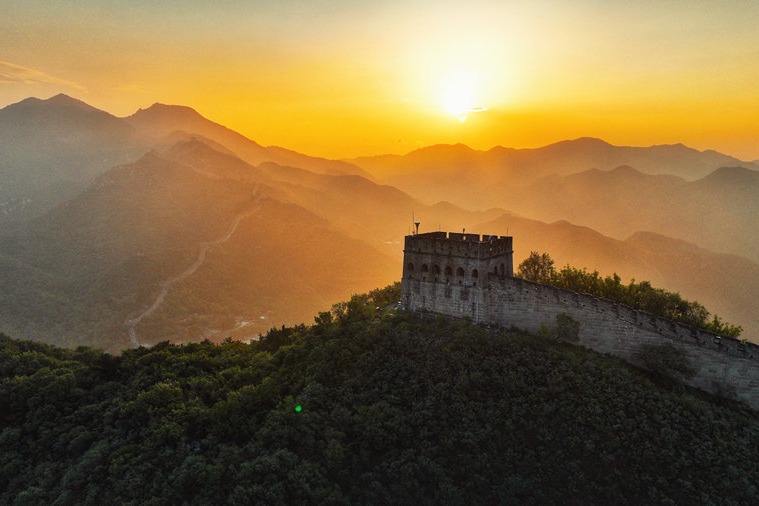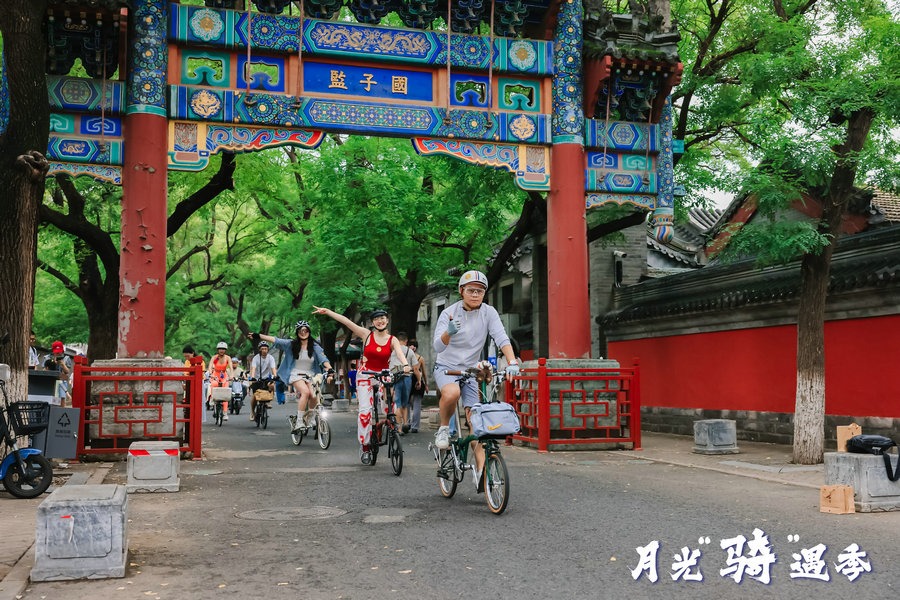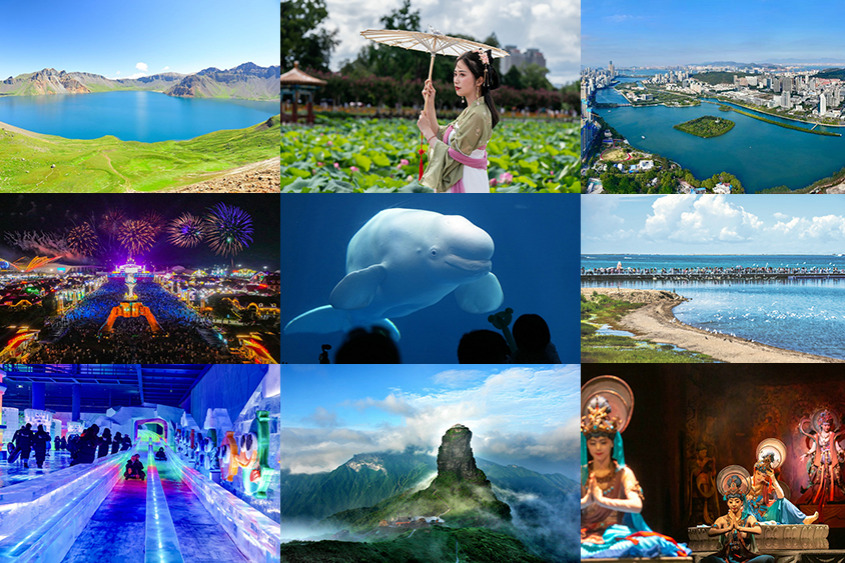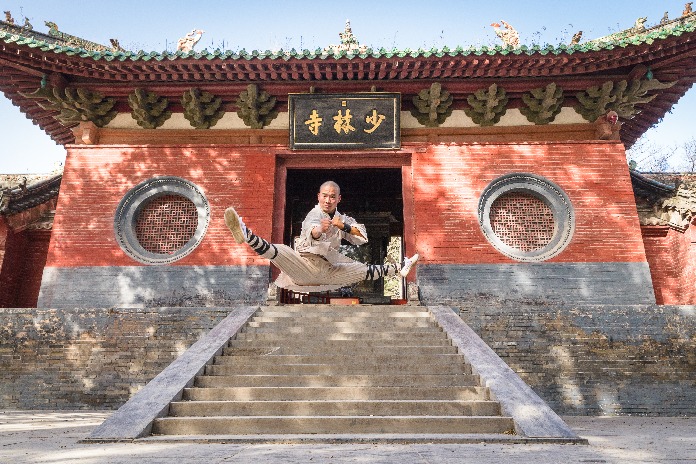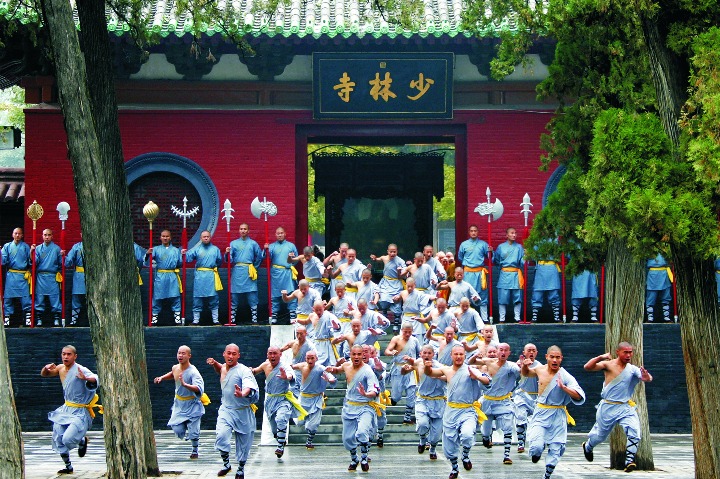A vibrant city on ancient Silk Road -- Kashgar in the eyes of foreign tourists

The ancient city of Kashgar, which has a permanent resident population of around 200,000 and is located in Northwest China's Xinjiang Uygur autonomous region, has greeted over 7 million tourists so far this year.
Apart from domestic tourists, there are also motorcycle travelers from Europe, foreign journalists and a young Tanzanian woman, with the latter having decided to settle down there.
Since the Belt and Road Initiative was proposed, the ancient city has once again been propelled into the limelight as a gateway for opening up.
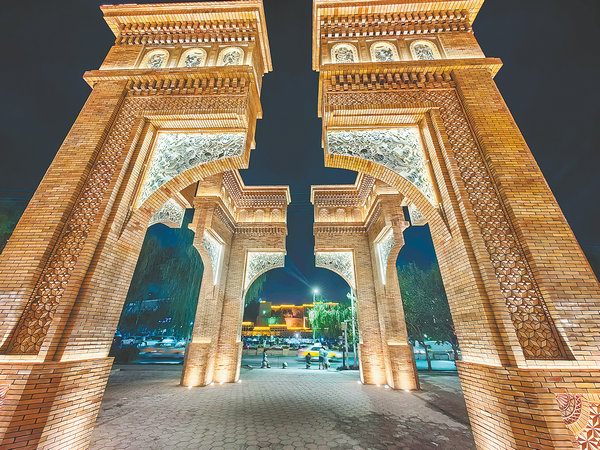
Booming tourism, better infrastructure
As the night closes in, streetlights flicker on, and Kashgar becomes even more alive with tourists joyously exploring a city with a history of more than 2,000 years.
Neil Munro, from Britain, walks into a restaurant with friends to savour the famous local barbecue and beer.
Munro's tour group of seven hails from seven different countries -- Britain, France, Germany, Italy, Switzerland, New Zealand and Finland. Their passion for motorcycling brought them together on a trip which started in Bishkek in Kyrgyzstan, from where they traveled to Kashgar via the Irkeshtam port.
After a two-day stay in Kashgar, the group will motorcycle through several other Chinese provinces including Gansu, Sichuan and Yunnan, before finally arriving in Laos.
This is Munro's third visit to Kashgar. When he first traveled there in 1999, he was wowed by the unique culture and he soon began learning Chinese.
"At that time, there were only some old buildings in the ancient city, the streets were narrow and dirty. Now, it is clean and beautiful, more comfortable and more attractive," Munro said.
The ancient city of Kashgar is one of the largest surviving earthen buildings in the world.
In 2010, a renovation project with an investment value exceeding 7 billion yuan (about $975 million) was launched. Within seven years, the dilapidated houses were rebuilt but without changing their architectural characteristics and their traditional Uygur lifestyles.
Provided with such improved infrastructure, residents of the ancient city not only started to lead safer and more comfortable lives, but were also placed in a position more suitable for boosting modern tourism.
"The people in the ancient city of Kashgar are very welcoming, while the food here is the best I've ever eaten east of Florence. I feel that Kashgar is full of energy," said Sirpa Jarvenpa, from Finland, who took part in the long motorcycle ride along with her husband.
"Kashgar creates a fun and romantic atmosphere, and we can find Central Asian cuisine, but also food from other parts of China, which you probably can't experience in Shanghai or Beijing," said Robert Zagorski, who comes from Poland and arrived in Kashgar with another motorcycle fleet.

















